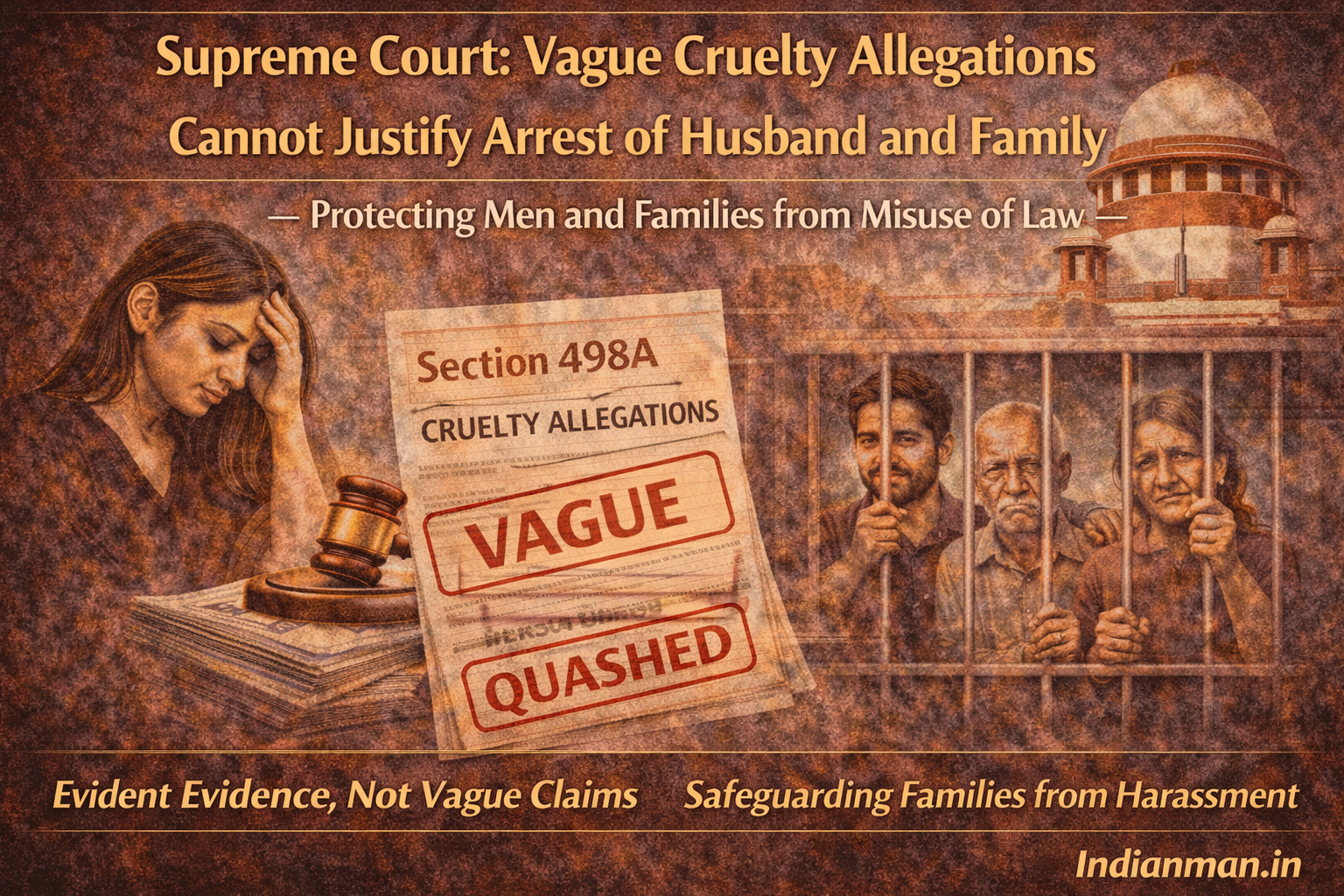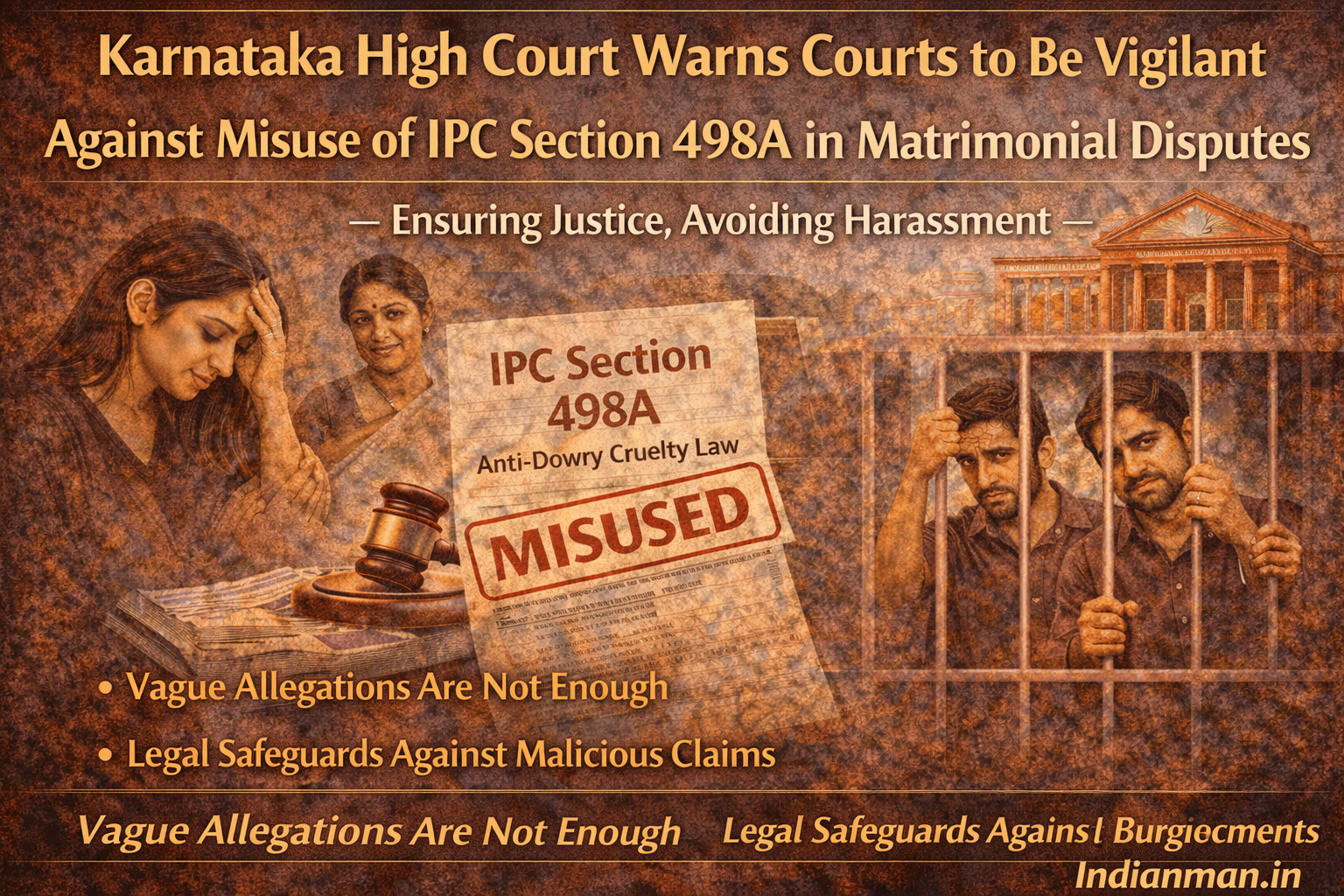MP High Court Urges Centre to Lower Age of Consent to 16
The Madhya Pradesh High Court has called on the central government to reduce the legal age of sexual consent from 18 years to 16 years, arguing that the current law has led to injustice against adolescent boys.
Court’s Observation
Justice Deepak Kumar Agarwal, who was hearing a plea to quash a rape case against a 23-year-old man, remarked that the Criminal Law (Amendment) Act had “disturbed the fabric of society.” The case involved a minor girl who had accused the man of sexual assault after consuming juice allegedly given by him, which made her unconscious.
The accused was booked under multiple laws, including:
- Rape charges under IPC
- The Protection of Children from Sexual Offences (Pocso) Act
- The Information Technology (IT) Act
Key Observations by the Court
In its ruling on June 27, the court directed the FIR to be quashed, stating:
“Generally, adolescent boys and girls develop friendships and may get physically involved due to attraction. But under the current law, boys are treated as criminals. Most of the cases involving girls under 18 years result in injustice against boys. The Government of India should consider lowering the age of consent from 18 to 16, as it was before the amendment, to prevent such injustice.”
The court further noted that social media exposure has led to early puberty among adolescents, causing them to engage in consensual relationships before turning 18.
Arguments in the Case
The defense counsel pointed out a seven-month delay in registering the FIR and argued that the relationship was consensual, with no force involved.
However, the state’s lawyer contended that:
- The delay in the FIR was not a major factor.
- The girl was a minor at the time of the incident, making the case legally valid.
Final Verdict
The court dismissed the case while emphasizing the need to rethink the legal framework around adolescent relationships. It stressed that:
“Nowadays, teenagers are getting exposed to social media and the internet at an early age. This exposure leads to early puberty and mutual attraction, often resulting in consensual physical relationships. In such cases, the male partner should not always be treated as a criminal.”
Conclusion
The court’s remarks have sparked a debate over whether India’s age of consent laws need revision. The matter is now in the hands of the central government, which will decide if the law should be changed to prevent undue criminalization of adolescent boys.
Be a part our social media community:
Facebook: https://www.facebook.com/IndianMan.in?mibextid=ZbWKwL
Instagram:
https://www.instagram.com/indianman.in?igsh=MWZ2N3N0ZmpwM3l3cw==




